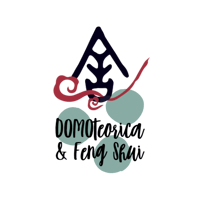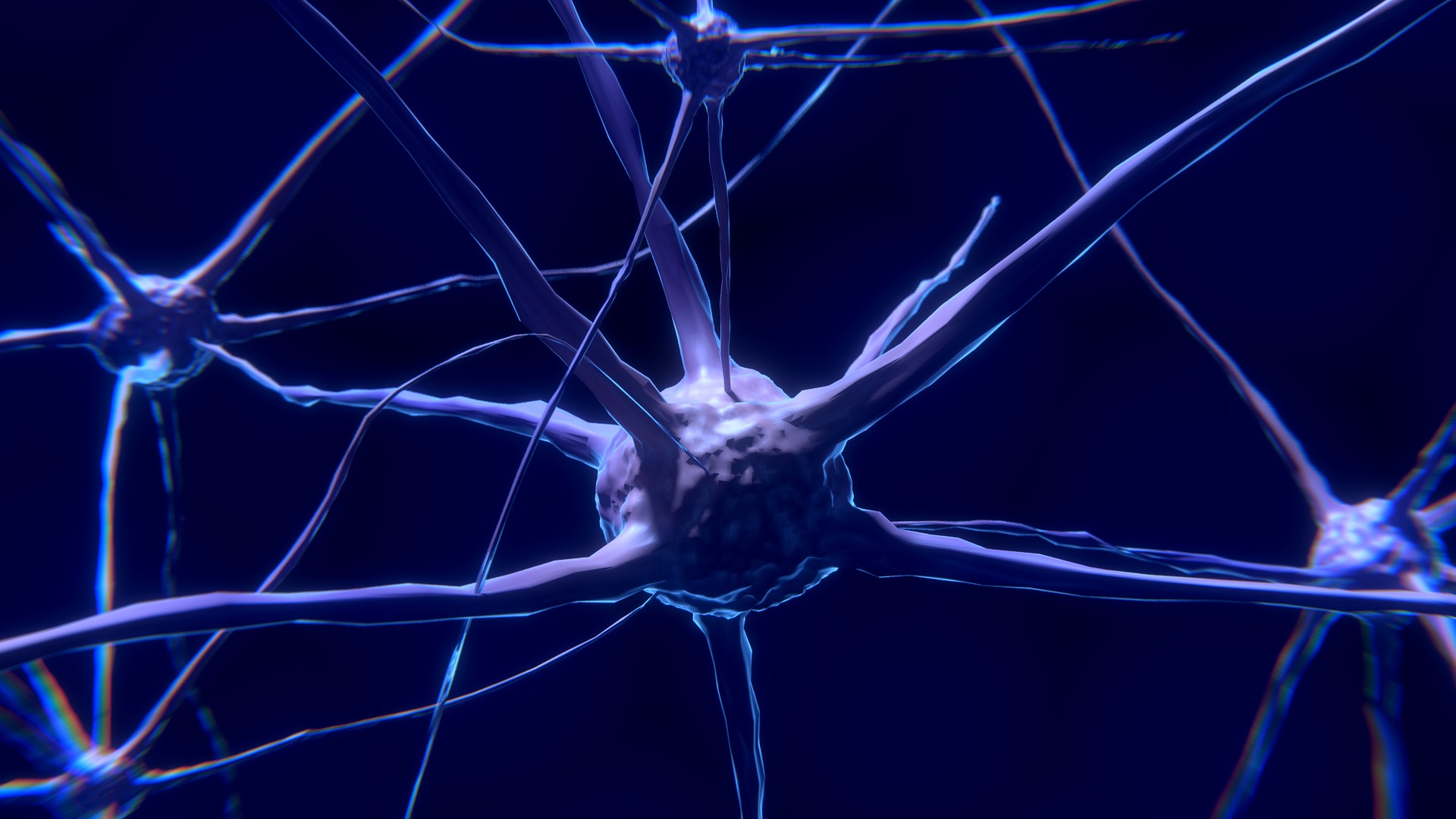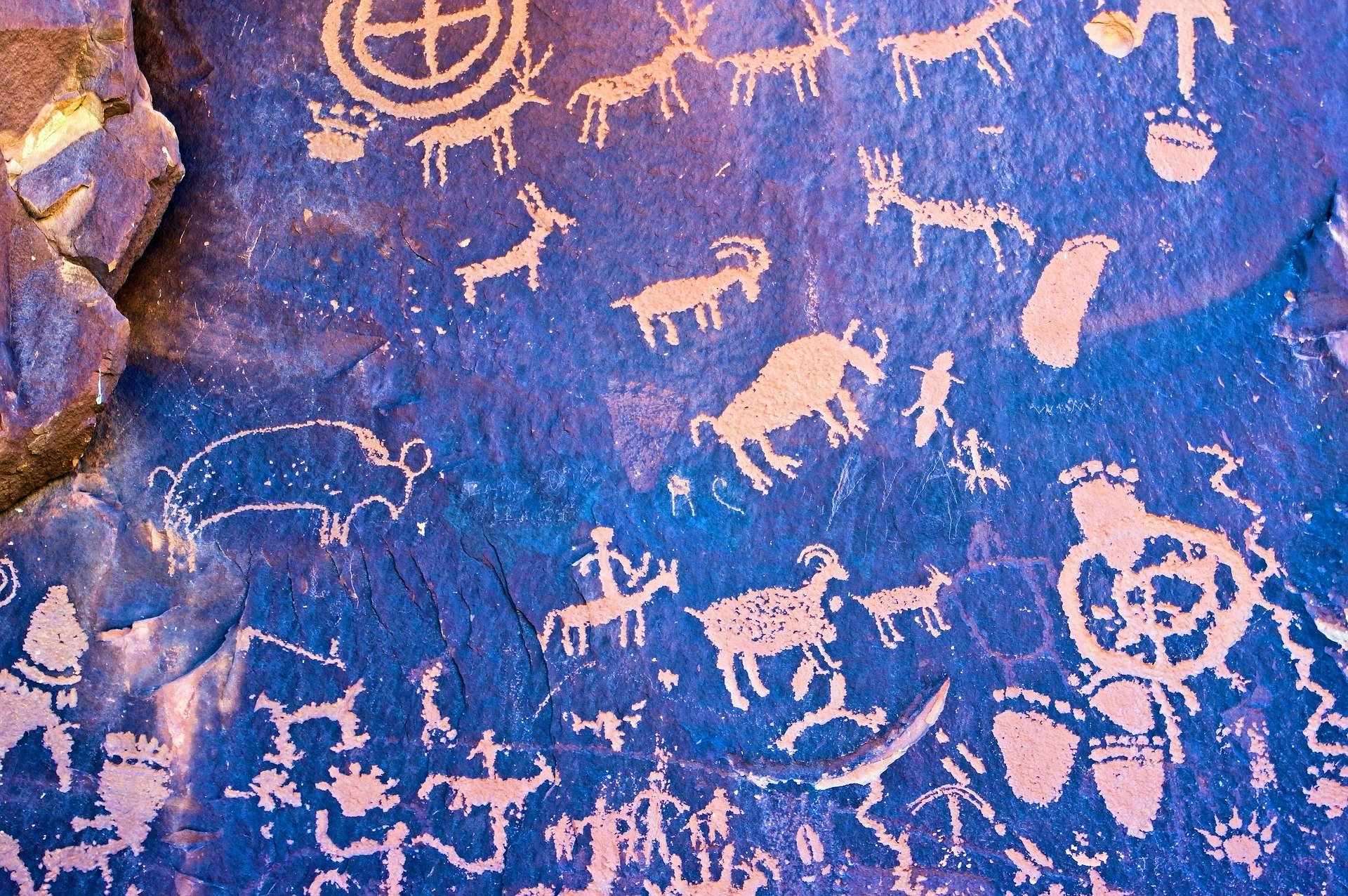BLOG UPDATING...

PER IL BENESSERE DELLA CASA
The word "Domoteorica" is not from a currently codified discipline. My studies on the relationship between humans and the territory, and on the connection between humans and the perception of inhabited space, have led me to gather, compare, and better define techniques and traditions used by our species to assess the environment beyond oneself.

"Domo" derives from *dṓm, a term used by Proto-Indo-Europeans to indicate the house. Originally, the same root was probably associated with the concept of "building."
I chose the name Domoteorica because it combines the idea of Theory – as a set of rules to apply – with the concept of home, which is not just a matter of dwelling but also a cultural archetype.
In a holistic and comparative view of knowledge, there is always the risk of falling into reductionism or incorrect generalizations. When it comes to Culture, as the Nature-Culture relationship underpins our entire perception of the world, theories of a derivative nature are often created. This leads to postulating that events or unrelated patterns are actually generated by a single matrix or mutually influenced.
For this reason, in my study, I have always tried not to rush to conclusions or rely on the most popular trends or well-known opinions. I have sought to carry out functional research based on the collection of material, experimentation, and the reproducibility of results obtained. Subjective variables permitting, since many of the areas addressed also fall within the realms of religion and metaphysics.

Anthropology is a bridging discipline that can address all realms of knowledge, as it deals with how we ourselves manifest and attempt to understand them.
After my university studies, primarily focused on Ethnography and the study of Folk Traditions, I discovered Landscape Anthropology, which is a theme still relatively unexplored in Italy, despite being highly appreciated and well-documented in Anglophone contexts. Even less explored is Anthropology of Inhabited Spaces, often embedded in broader fields such as Cultural Anthropology or Ethnography.
Yet, humans live in their environment, and it involves a strong bidirectional relationship, where the environment influences us, and we, in turn, influence it (often with irreversible consequences). There is a tendency to sharply dichotomize Nature and Culture: the former understood as pristine Wilderness, increasingly distant from our lives; the latter as a set of rules, structures, and ethics that shape anything outside of us, depending on the social context in which we are embedded.
However, the Nature-Culture relationship is much more layered and involves a continuous exchange between the two, where our perception itself is the driving force. Being both the object and subject of this continuous change, and of all the information it contains, is the dynamic essence of existence.

I approached the study of Geobiology and Feng Shui to understand how seemingly different disciplines are actually closely connected.
Our species has always questioned whether there are defined protocols or characteristics for every event and manifestation. My scientific inclination has always clashed with an interest in metaphysics and topics like bioenergetics, which, due to the nearly impossible replicability in a laboratory setting, are still considered unreliable.
In the study of the relationship between humans and the environment, I have explored numerous practices, from Italian geomancy to Vastu Shastra, and other techniques that have reached us in fragmented ways, often with serious errors of interpretation. One of these is Feng Shui, a discipline in which I have been specializing for several years, which in the West arrived filled with superstition and popular rituals but emptied of its original knowledge. Those were primarily based on perception and, therefore, on the same psychic functioning of us Homo sapiens.
What has caused our loss of environmental sensitivity?
The crux of the matter lies in understanding how our species, moving away from a natural environment where we lived as prey, developed a system of reasoning, logic, and technology. Over the millennia, this has led to the loss of characteristics that connect us more closely to other animals: the perception of the environment, Earth's magnetism, the passage of seasons, natural radioactivity, and, above all, the understanding of the importance of the solar cycle.
Urbanization, the loss of circadian rhythm, and even a culture based on imposed aesthetic standards rather than the actual needs of people have ended up making us "disconnected" from our planet. This, in turn, has created cascading chains of problems that most people are not even aware of. Adapting from childhood to living without the need to connect with our deeper and more animalistic selves has, in a sense, made us blind to the environment and its influence.

Neuropsychology is beginning to tackle these issues, highlighting the anatomical and physiological mechanisms underlying our behaviors and traditions.
Even though the union between metaphysical disciplines, folk traditions, and sciences may seem quite bizarre to Westerners, in recent years, psychologists and neurologists have conducted research on colors, shapes, and spaces, highlighting how many cultural patterns are generated by our perception of the world.
Through Domoteorica, I will attempt to navigate the intricate and often risky path that separates sciences from metaphysics. Trying to propose not absolute truths but rather points for reasoning and knowledge to understand how we experience space and, above all, what we can do to improve our existence, starting from what should provide us with security: our home.

